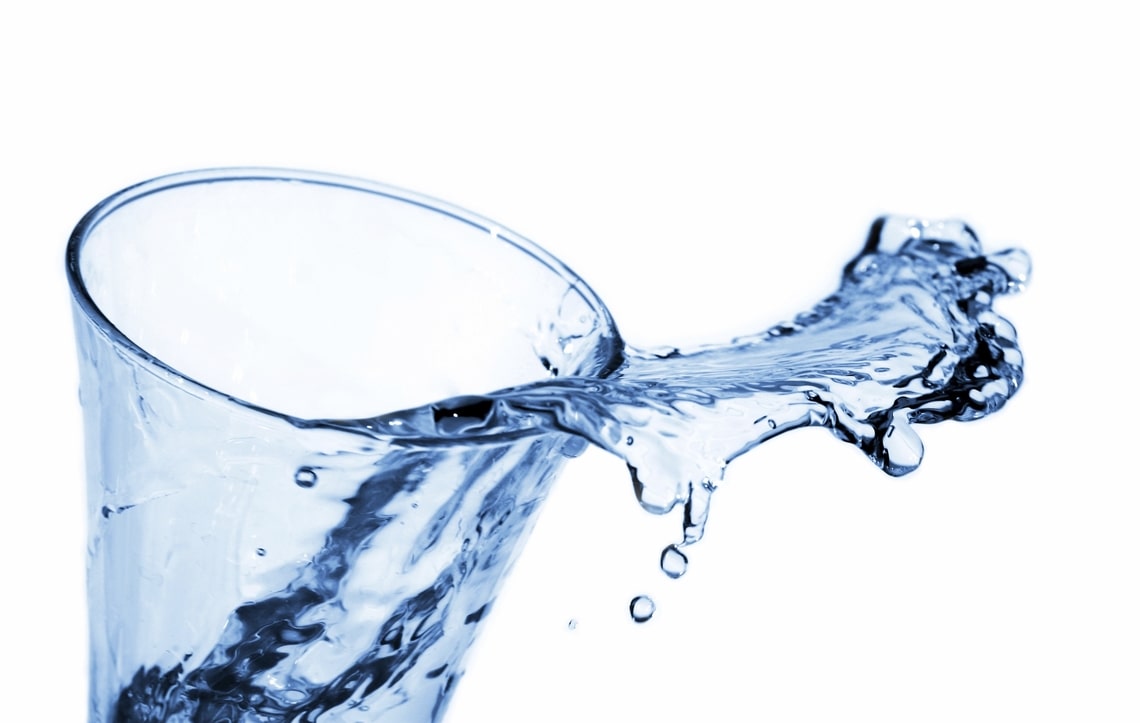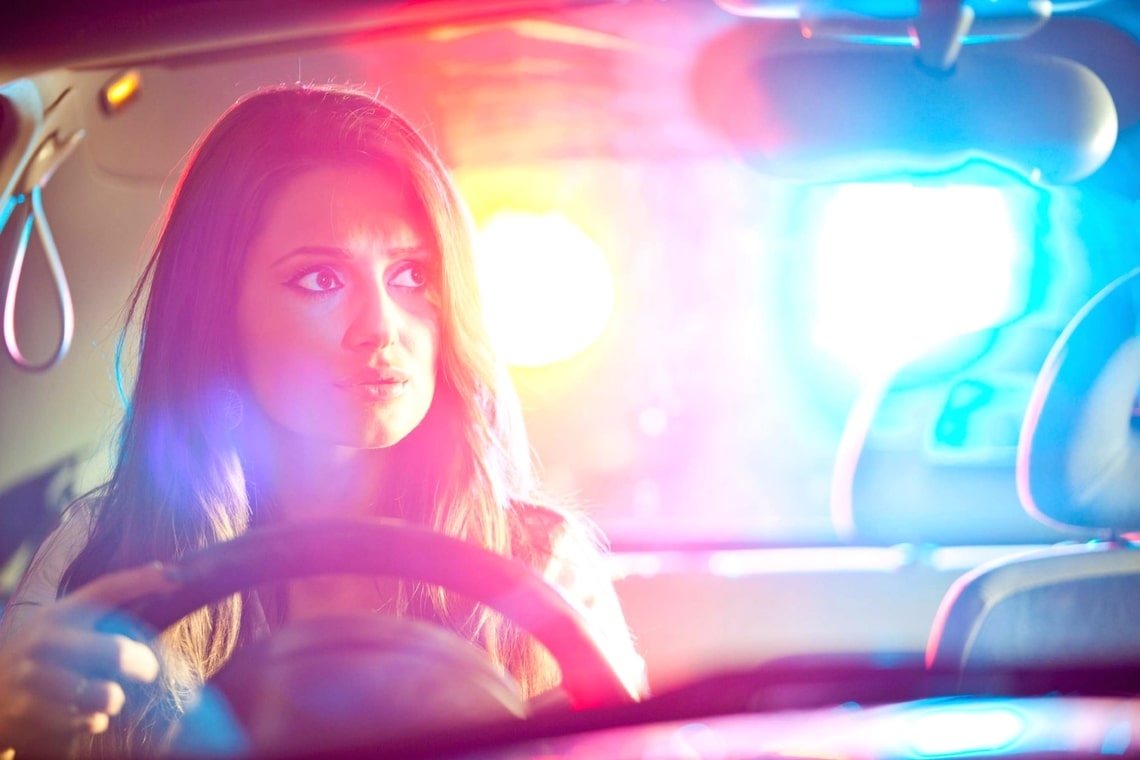The law relating to Drink Driving is contained in the Road Traffic Act 1988
There are a number of offences.
Driving, or being in charge, when under influence of drink or drugs.
Section 4(1) Road Traffic Act 1988
A person who, when driving or attempting to drive a mechanically propelled vehicle on a road or other public place, is unfit to drive through drink or drugs is guilty of an offence.
In English – driving or attempting to drive when you are not fit to drive and the reason that you are not fit to drive is because of drink or drugs.
What do the CPS need to prove? Firstly that your ability to drive was ‘impaired’. In other words that you were unable to drive as well as you would normally be able to. They need to show that you could not drive properly. They can prove this by evidence that the car was being driven erratically, or had an accident at a spot where a normal driver would not have had an accident. It can also be assumed from the drivers condition such as falling asleep or not being able to concentrate. They then have to prove that this was due to drink or drugs.
There is a standard preliminary impairment test. This is not an easy document to follow due to the jumbled up pages.
This test involves things such as touching your nose with your finger, walking a straight line and balance tests.
The CPS can also use the breath test results to show that the driving was impaired due to alcohol but there is not a requirement that they do a breath test.
This offence is similar to the more common offence of ‘being over the prescribed limit’ it is not used as often because the CPS have to show that your driving was impaired whereas in the offence of being over the prescribed limit you are guilty even if you can show that your driving was perfect.
It is normally used where there is evidence of use of drugs or where the CPS think that there may be a defence to the normal drink driving offence of being over the prescribed limit due to a technicality. See here for the CPS guidelines.
Being in charge of a mechanically propelled vehicle while unfit to drive through drink or drugs.

Katie Forrest of Forrest Williams
Section 4(2) Road Traffic Act 1988
Without prejudice to subsection (1) above, a person who, when in charge of a mechanically propelled vehicle which is on a road or other public place, is unfit to drive through drink or drugs is guilty of an offence.
This is similar to the offence above save that there is no evidence that you were driving. In relation to the being in charge of a vehicle whilst unfit through drink or drugs the CPS don’t have to prove that you have driven just that you were in charge of a vehicle and that you would have been unable to drive properly.
Driving a motor vehicle with alcohol concentration above prescribed limit.
Section 5(1)(a)) Road Traffic Act 1988
If a person drives or attempts to drive a motor vehicle on a road or other public place after consuming so much alcohol that the proportion of it in his breath, blood or urine exceeds the prescribed limit he is guilty of an offence.
This is more straight forward and the more common offence. Basically it is when someone has been caught driving and then fails a breathalyser test at the police station, or has a blood or urine test which comes back above the limit.
Being in charge of a motor vehicle with alcohol concentration above prescribed limit.
Section 5(1)(b)) Road Traffic Act 1988
If a person is in charge of a motor vehicle on a road or other public place, after consuming so much alcohol that the proportion of it in his breath, blood or urine exceeds the prescribed limit he is guilty of an offence.
Similar to the above but where there is no evidence of driving. Normally this is where someone is caught in a motor vehicle and is then found to be over the limit. It is a defence to show that you were not going to drive.
The CPS do not need to show that you were drunk. The measurement is not a direct measurement of drunkenness but a measure of how much alcohol is in your system, that’s why it is dangerous to risk driving if you have had a drink. It will affect different people differently. You may feel ok to drive but still be over the limit.
Without reasonable excuse failing to co operate with a preliminary test
Section 6(6) Road Traffic Act 1988
A person commits an offence if without reasonable excuse he fails to co-operate with a preliminary test in pursuance of a requirement imposed under this section.
This relates to the initial test, sometimes called the roadside test or the screening test. It is where someone refuses to provide the test at the roadside. This will normally result in an arrest and then being offered a further test at the police station. If this test is refused then the driver may be charged with both failures to provide. If he passes the test at the police station he will still be charged with failing to provide the initial test.
Without reasonable excuse failing to supply specimens of breath, blood or urine for analysis.
Section 7(6) Road Traffic Act 1988
A person who, without reasonable excuse, fails to provide a specimen when required to do so in pursuance of this section is guilty of an offence.
Similar to the above but relating to the police station test. The blood and alcohol tests refer to the situation where there is a mandatory test not where the police offer it as an option because the breath test is between 40 and 50. The police will normally insist on blood or urine if the machine appears not to be working properly. If there appear to be medical grounds why a breath test cannot be given or there is some suspicion that the driver has taken drugs.
Without reasonable excuse failing to allow specimen of blood to be subjected to a laboratory test.
Section 7(A) Road Traffic Act 1988
A person who, without reasonable excuse, fails to give his permission for a laboratory test of a specimen of blood taken from him under this section is guilty of an offence.
This is an unusual offence and relates to the situation where the driver is unable to provide a breath test because he is in hospital and a blood test is taken from him. When he is conscious he is asked if the blood that was taken can be used. He commits an offence if he refuses to allow it to be tested.
These are complex areas of law best dealt with by expert, specialist Drink Driving Solicitors.
If you are facing a Drink Driving charge call Drink Drive Solicitors now for a free and honest assessment of your case 01623 397200





